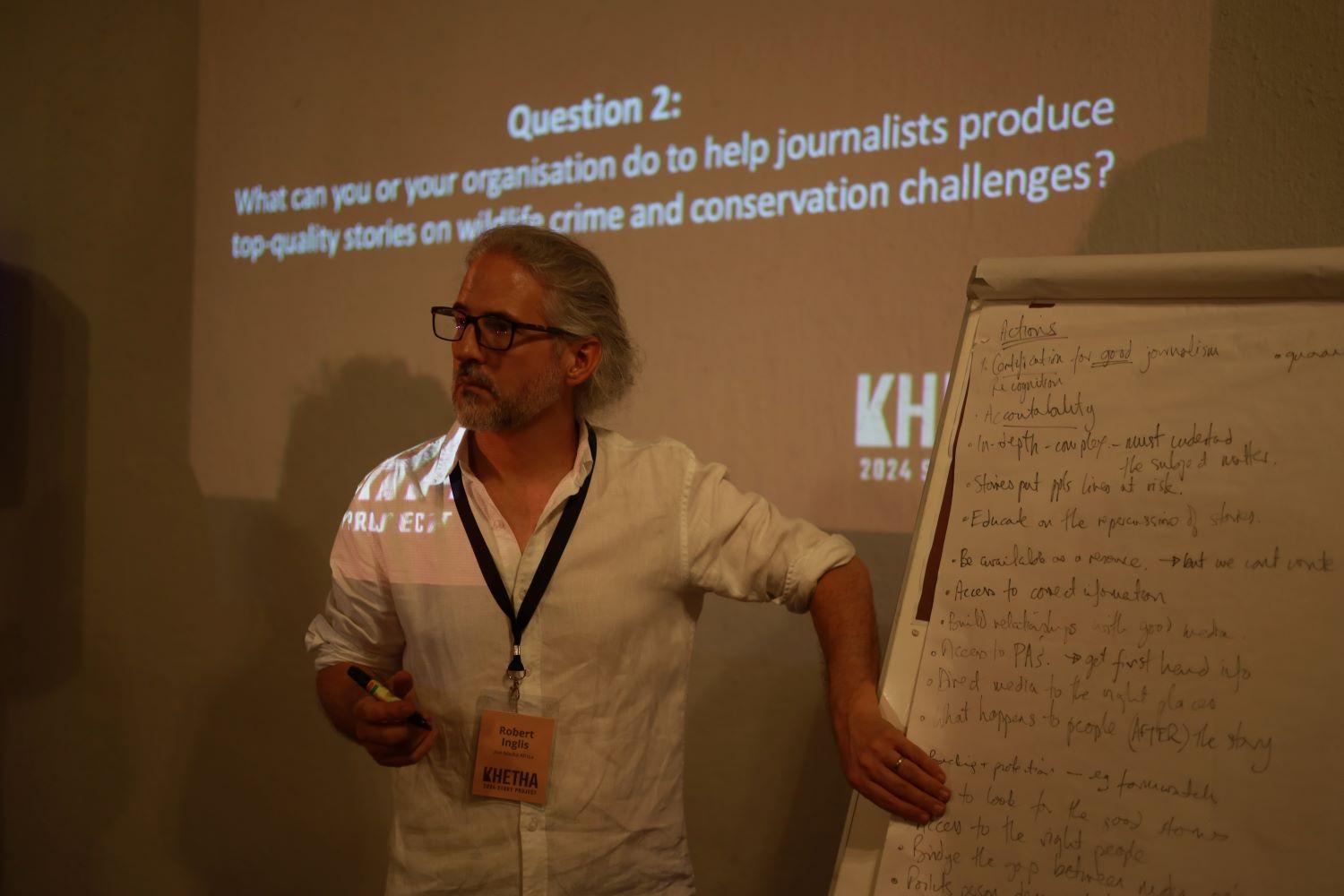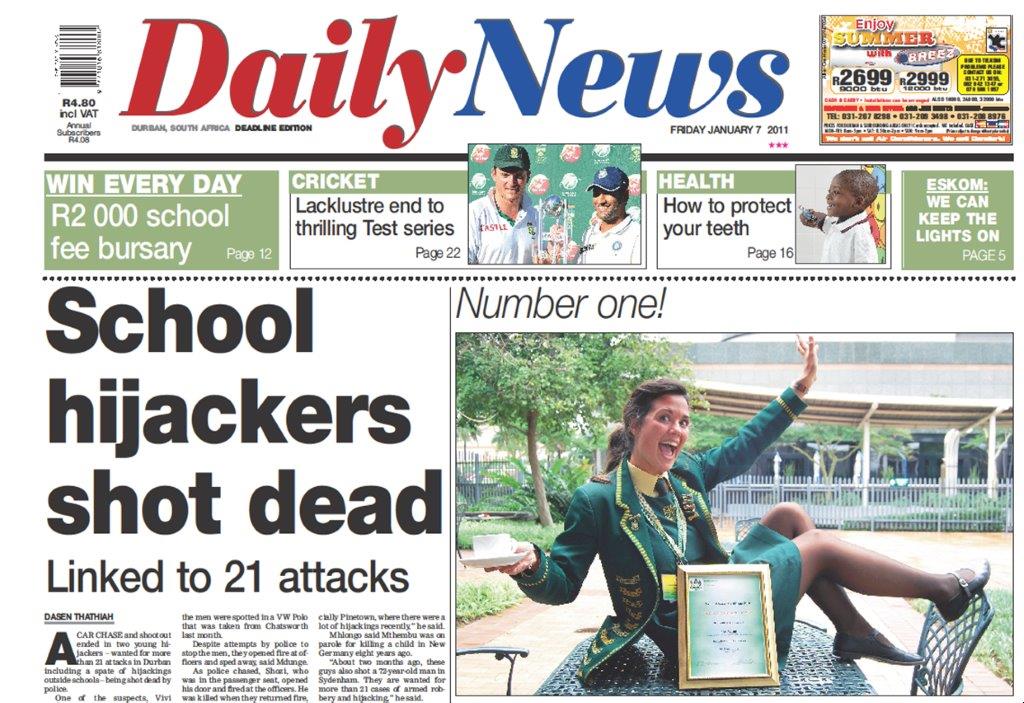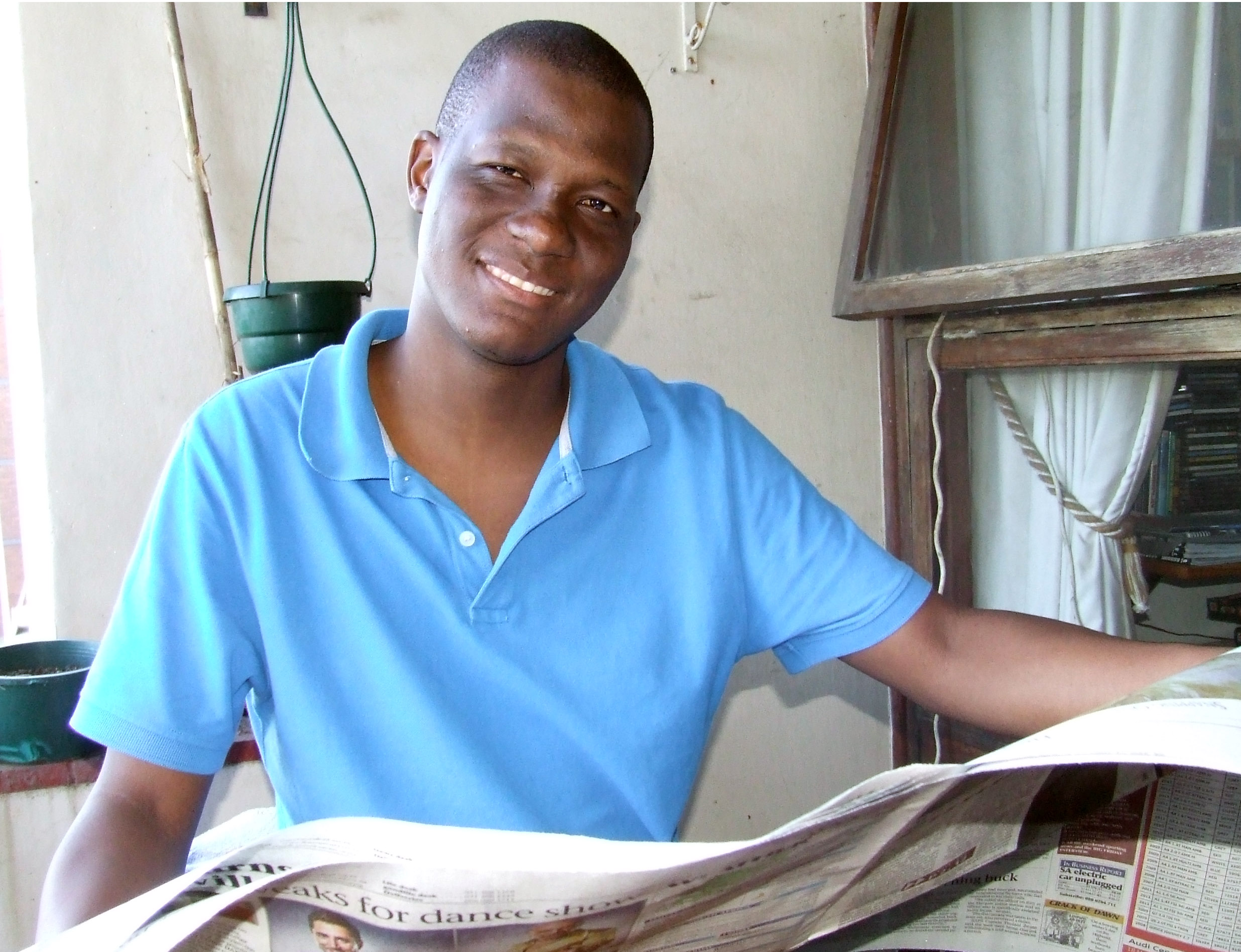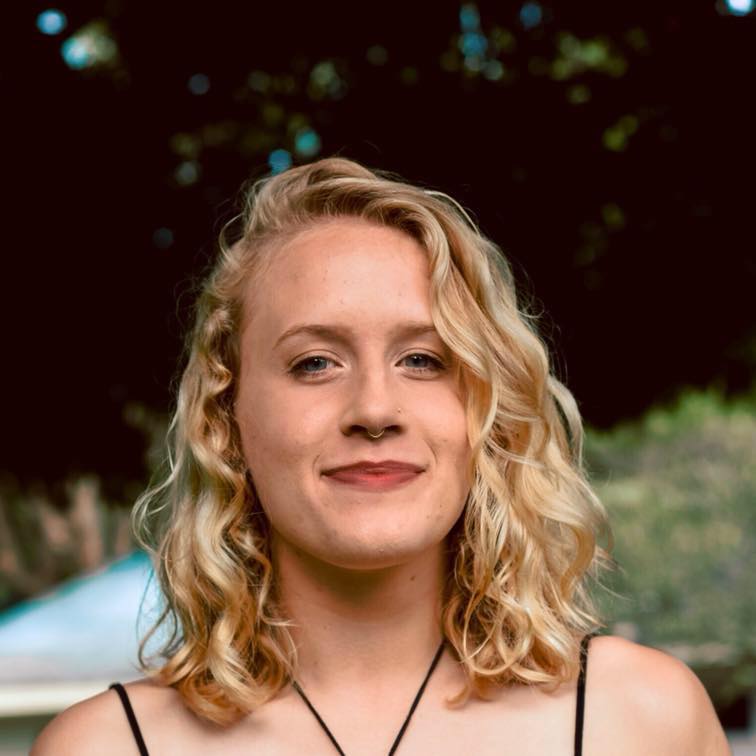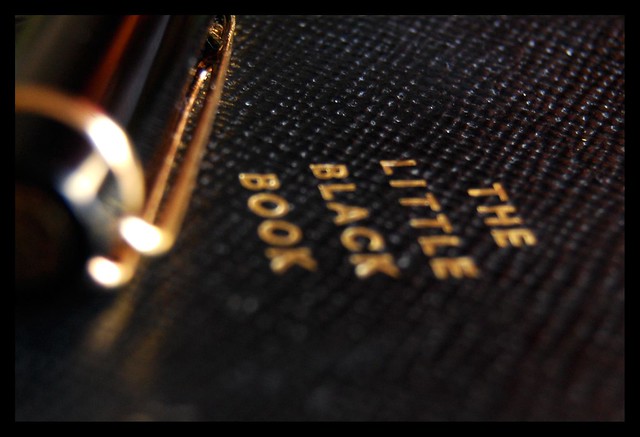Featured image: Jive Media Africa director. Robert Inglis, addresses guests at the launch of the Khetha 2024 Story Project in Hoesdpruit in November last year. Photo: Jonathan Inglis.
Dive into this engaging exchange among seasoned journalists, wildlife crime researchers and emerging environmental writers.
Amid shrinking newsroom resources in South Africa, effective and responsible environmental reporting is taking a backseat to sensationalist media trends. Poor quality coverage of wildlife crime is one of the results.
This is among opening remarks in a thought-provoking discussion taking place between seasoned journalists, global risks analyst, Dr Annette Hübschle, and emerging environmental writers registered on Roving Reporters New Narratives ’24 training programme.
It was prompted by these two questions:
What do you think about the media’s frequent use of sensationalist, militaristic terms such as “the raging war on poaching”?
Yes, the realities on the ground are stark, brutal, and violent, but does such terminology help?
>> Click here to join the discussion
Hübschle argues that militaristic language like ‘combatting,’ ‘insurgencies,’ ‘incursions,’ or ‘war on poaching’ is not useful. We should learn from the discredited ‘War on Drugs,’ which has been widely criticized for its ineffectiveness and unintended consequences, says Hübschle. “I pointed this out to the late environmental affairs minister Edna Molewa during a parliamentary hearing. The department then stopped using the language of war (in relation to conservation issues). But, unfortunately, it’s still used by members of the general public and some journalists.”
Declining standards
Seasoned journalist and specialist content creator, Liryn de Jaager, cites a recent story headlined, ‘In the black heart of raging war on poachers’ as a sign of the declining journalism standards and the sorry state of SA’s newsrooms.
“Gone are the days when journalists had specific beats and the luxury of focusing on specific topics,” says De Jaager. The result, today, is that a newsroom journalist has to cover everything from politics to sport to conservation. Then, when a poorly written story “lands on the desk of a sub-editor, who could potentially intervene and rectify it, the sub may not have the time or insight to do so.”
Tulani Ngwenya, editor of the Highveld Chronicle in Mpumalanga, suggests that training in English for Specific Purposes (ESP) be tailored to conservation reporting, helping to ensure more accurate and responsible coverage. He suggests that a glossary of terms specific to wildlife crime could provide guidance and consistency in language usage.
Complex game
Freelance writer and photographer for Oxpeckers Investigative Journalism, Dianah Chiyangwa, says the issue deserves an ongoing, deeper debate related to harsh realities.
“When rhino poachers use high-calibre rifles, one might argue they’re waging war on protected species,” says Chiyangwa who has been at some of the resulting crime scenes. “And some poaching syndicates have military backgrounds, reinforcing this connection.”
She says those at the brunt of it all – rangers and others responsible for law enforcement in areas where poaching is rife – insisted on using military terms. “Should us journalists change that?” asks Chiyangwa.
She states that while developing specialised reporting skills would be helpful, editors often limit journalists’ involvement in training sessions or projects, due to the lack of resources.
“And the media landscape prioritizes sensationalism over important issues,” adds Chiyangwa. “So, unfortunately, pursuing journalism full-time requires courage and financial risk — it’s a complex game.”
Chiyangwa is currently working on a Khetha supported investigation into widespread snaring in the Skukuza region of Kruger National Park, a lot which is intentionally targeting buffalo.
- Dr. Annette Hübschle is a panelist on the next Khetha 2024 Story Project webinar, alongside Sboniso Phakathi, a conservationist with the Southern African Wildlife College. They will be in conversation with journalist Yves Vanderhaeghen about the social impacts of wildlife crime. The webinar takes place on Tuesday, April 23, from 1 pm – 2 pm South African time (CAT).
>> Click here to register to attend the webinar.
Organised by Jive Media Africa, and supported by USAID and the World Wide Fund for Nature (WWF), the Khetha webinar series aims to improve media reporting on wildlife crime by inviting stakeholders and the media to take a deeper look at wildlife crime and the realities around it.

